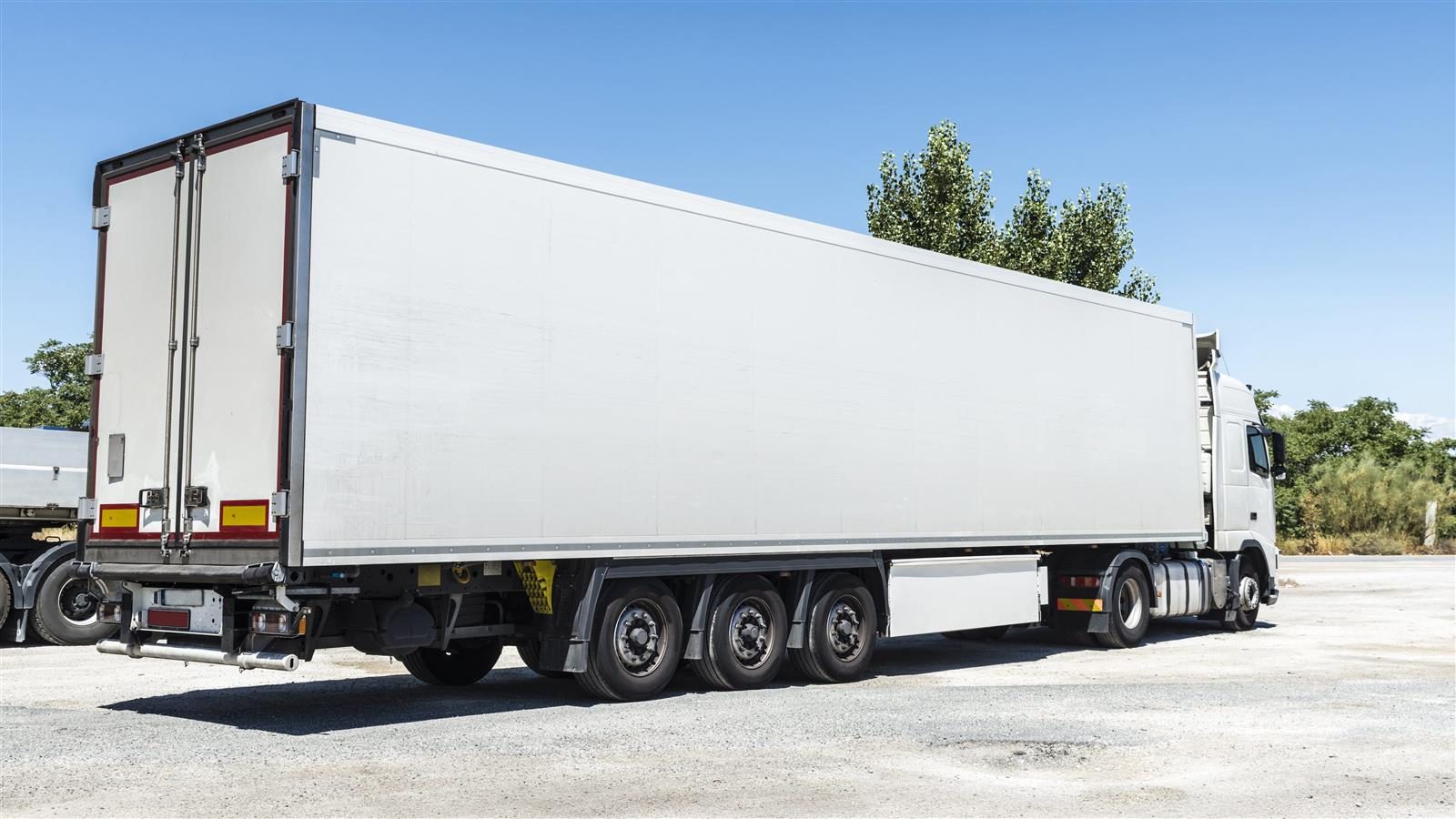Bosch introduces electric and fuel-cell powertrains

Electrified Semitrailer Axle.
At the IAA Commercial Vehicles 2018, Bosch presented an electrified axle that can be integrated into semitrailers, as well as highlighting its investment in battery-electric and fuel-cell technology for commercial vehicles.
Bosch‘s vision is that road freight of the future should ideally be as free of emissions, accidents, and stress as possible. To achieve this, Bosch is working to further develop both diesel and alternative powertrain solutions.
“For many years to come, the development of commercial-vehicle powertrains will involve a number of disciplines. We would be well advised to approach their electrification with a technologically open mind,” said Dr Rolf Bulander, chairman of the mobility solutions business sector of Robert Bosch GmbH.
Bosch predicts that by 2030, one in four new commercial vehicles worldwide will be electrically driven.
Bosch‘s electrified trailer axle generates electricity during braking and feeds it back into the trailer‘s power units. In the case of a refrigerated trailer, Bosch calculates it can save up to 9000 litres of diesel a year. The product can also be refitted to existing trailers.
The company also is developing battery-electric powertrain systems for medium-range trucks, as well as smaller vehicles used in final-mile delivery, including commercial vans and cargo bikes.
As these batteries would be too heavy and offer too short a range for
While investing in alternative powertrains, Bosch recognises that diesel will still power 80 to 90% of vehicles in 2025, so continues to work on improving diesel technology.
Another major growth area alongside electrification is the automation of commercial vehicles. Bosch sees great potential in hub-to-hub automation, particularly driverless trucks shuttling between depots. This technology has the potential to resolve several transportation industry problems at once, increasing logistics companies‘ economic efficiency, transport volumes, and safety.
Bosch is also involved in major EU research projects in the field of platooning.
Bosch generates a quarter of its sales revenue from technology for commercial vehicles, ranging from vans to 40-ton trucks, and its business with solutions for trucks and off-highway vehicles is growing at a rate of between seven and eight




